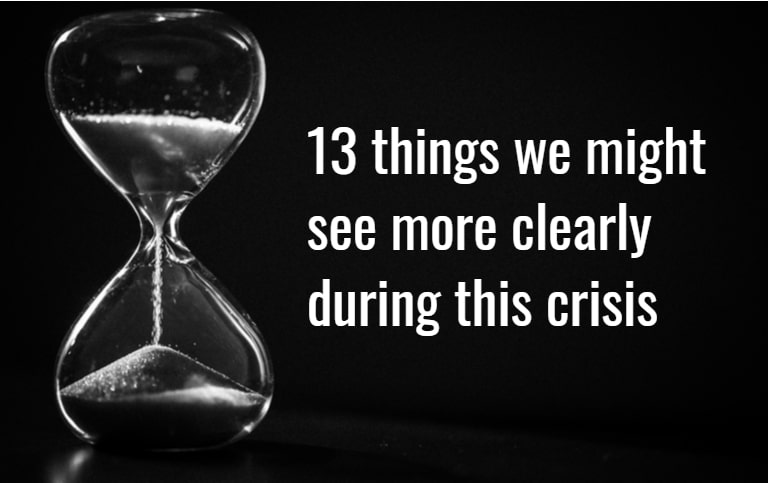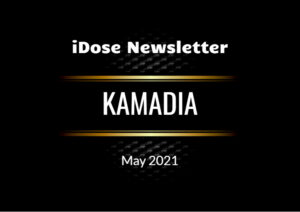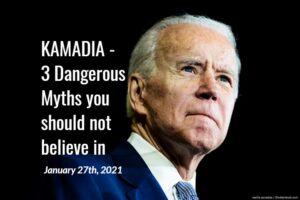David P. Barash Evolutionary Biologist and Professor of Psychology emeritus,University of Washington
Judith Eve Lipton, M.D., Psychiatrist and Distinguished Fellow of the American Psychiatric Association
“In a dark time, the eye begins to see.” So wrote the poet Theodore Roethke. In this time of covid-19, ours is indeed a dark time. Here, then, is a paradox. And here are some answers to the question: What could this darkness help us to see?
— The crucial importance of science as a basis for decision-making (as opposed to playing politics, succumbing to wishful thinking, ignoring inconvenient facts, and making up “alternative” ones).
— The necessity of committed, well organized government and of making health services readily available.
— That America isn’t especially great, at least in some respects; e.g., as of March 16, the US had tested a total of 38,000 people for covid-19, when South Korea was testing 20,000 people every day.
— Recognition that market mechanisms are unable to deal with many, perhaps most public crises.
— The need for credibility on the part of national leaders, and the danger that ensues when a president has lied so much that he lacks credibility.
— The accuracy, yet limitations, of “great man” theories of events: how on the one hand it matters what presidents say and do (or refrain from saying and doing), but on the other, the brute reality is that actual events are, as Emerson wrote, “in the saddle and ride mankind.”
— The fragility of our individual lives, remarkably dependent upon strangers, interactions, technologies, and materials of which we are barely if at all aware.
— The fragility of modern economies, dependent upon supply chains that involve the literal hands-on involvement of many different people.
— The interconnectedness of all nations; hence, the reality that as John Donne wrote centuries ago, “no man [or woman] is an island, entire of itself.”
— How quickly circumstances can change; hence, the necessity of planning ahead rather than assuming that the future will somehow take care of itself.
— That FDR was wrong when he said, in his first inaugural address (1933), that “The only thing we have to fear is fear itself;” fear can indeed have fearsome consequences, but old-fashioned reality — sometimes in the form of a new-fangled virus — is even more likely to be frightening.
— At the same time, that FDR was correct when he said, in his first radio broadcasted Fireside Chat (also in 1933), that “Only a foolish optimist can deny the dark realities of the moment.”
— And finally, as Albert Camus wrote at the end of his novel, The Plague: “What we learn in time of pestilence: that there are more things to admire in men [and women] than to despise.” Let’s hope that this last lesson turns out to be accurate.
David P. Barash is Evolutionary Biologist and Professor of Psychology emeritus at the University of Washington. Judith Eve Lipton, M.D., is a Psychiatrist and Distinguished Fellow at the American Psychiatric Association
Note: The views expressed in this article are the authors, and not the position of Intellectual Dose, or iDose (its online publication). This article is republished with permission.



